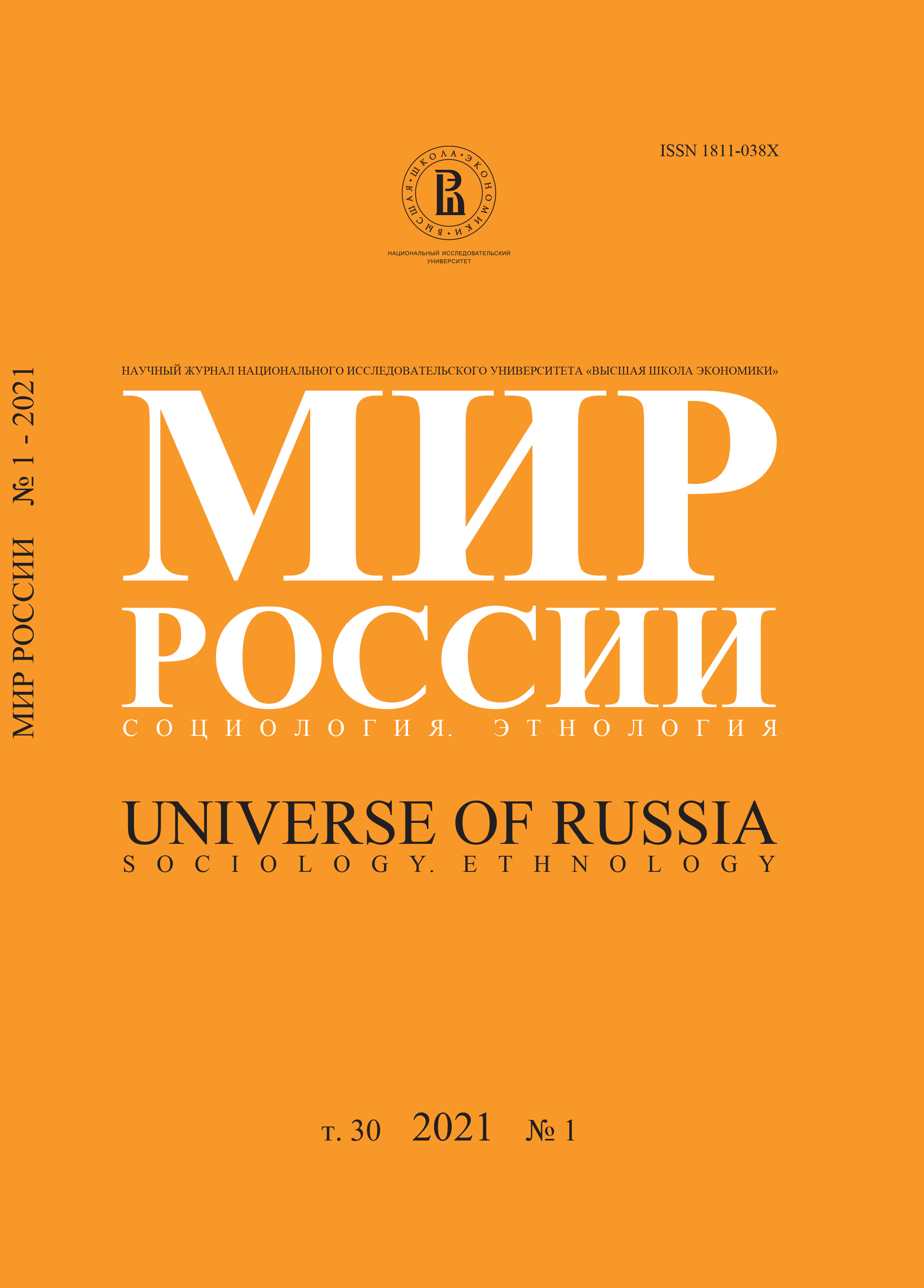The Transition of Educational Communities from Failure to Success in Human Capital Transfer
Abstract
The article focuses on one of the most acute problems in Russian education—the rising underperformance among schoolchildren and students of vocational schools and universities. In particular, unlike most other studies, we pay particular attention to the negative vector of human capital transfer leading to educational failure, and explore how this can be remedied. Empirically we build on semi-formal expert interviews (N=30) with representatives of various educational institutions, 4 focus groups with students of Yekaterinburg universities and a sociological survey of students’ parents (N=7,281) carried out in 2019–2020. Based on the findings of the study, we formulate directions to overcome educational failure of youth and improve their human capital. First, the normative model of educational success/failure among key actors of education (i.e., teachers, educational management and parents) must be changed. It should be more flexible and consider the variability of the subjective and objective criteria of educational failure. The second direction prompting change is the educational policy in relation to unsuccessful educational communities. It should include measures to support unsuccessful students and ensure equal attention to all educational communities — successful and unsuccessful. Third, the educational environment of educational institutions must be improved. In particular, the broken communication between students and teachers must be restored, programs to maintain tolerant relationships and educational motivation must be developed, and the pedagogical and psychological culture of teachers, management, and parents must be improved. The fourth direction is the development of social technologies for educational support and improving the quality of human capital of unsuccessful students. This direction requires the creation of interdisciplinary teams of specialists in schools, vocational colleges and universities that can effectively work with unsuccessful students using social, psychological and pedagogical methods.






